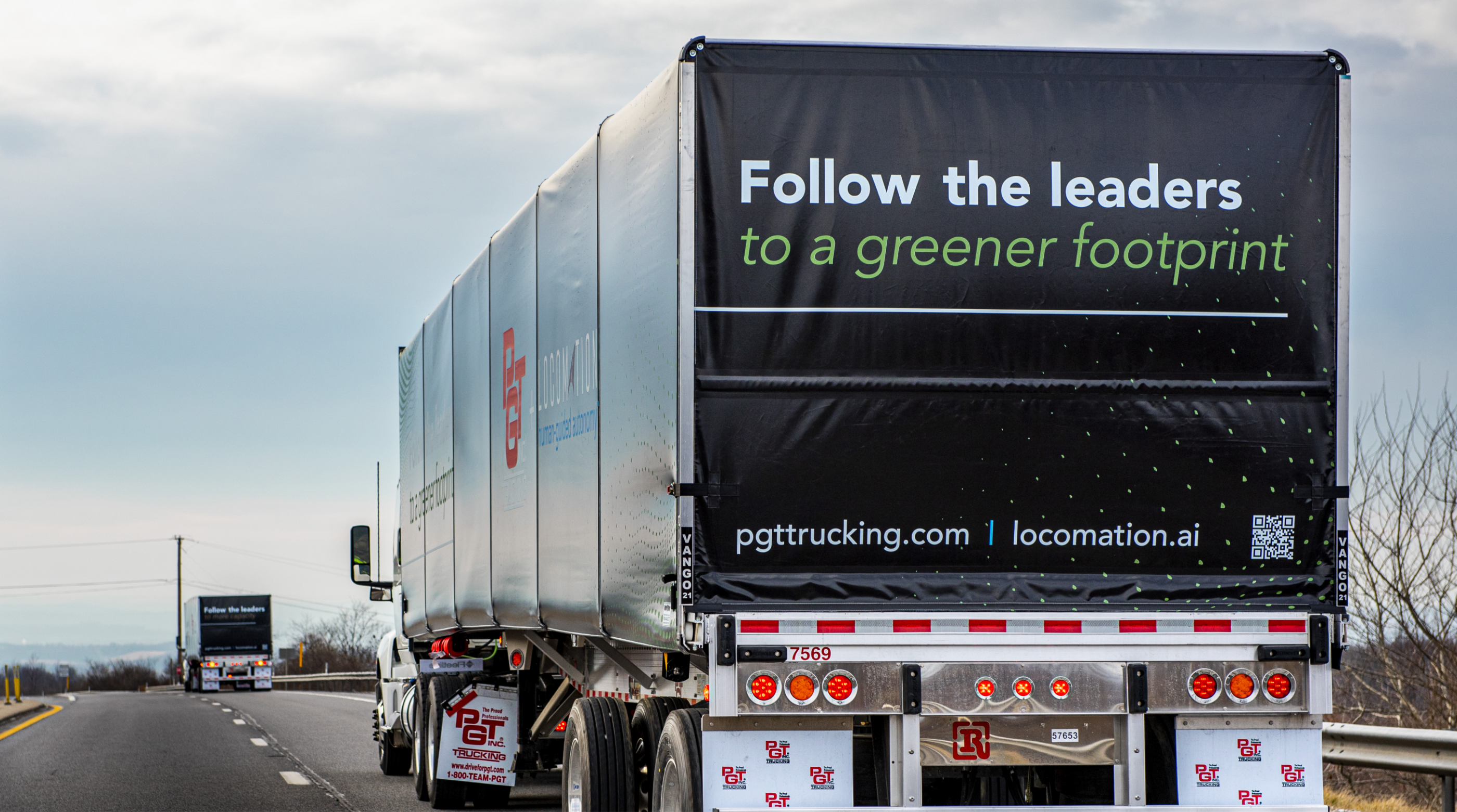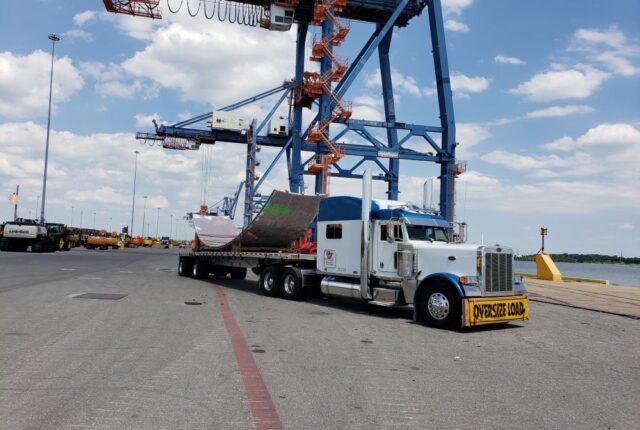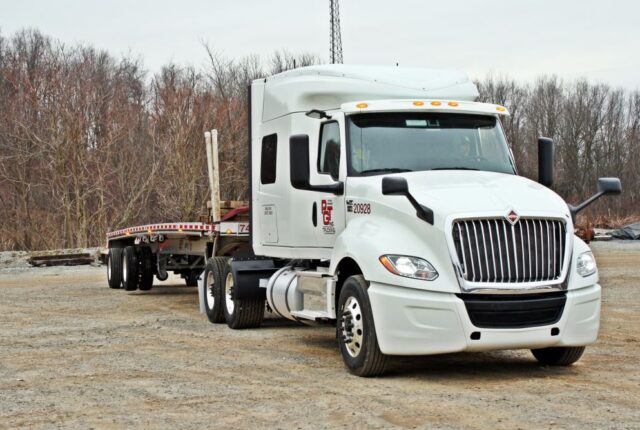
PGT Trucking’s Carbon Emission Reduction Goals
America is entering a new era of sustainability, with manufacturers, suppliers and consumers all focused on implementing environmentally friendly practices to reduce their carbon footprint. Now more than ever, consumers are prioritizing brands that align with their own sustainable goals, according to the Business Marketing Research and Intelligence US Micro-Shifts study from Meta. Companies are being challenged and rewarded for their green initiatives, and in the U.S., carbon dioxide emissions have declined 16.5% since their peak in 2000.
Across the country, companies are committing to sustainable business practices, but for most industries, there is still room for improvement. The transportation sector accounts for 27% of greenhouse gas (GHG) emissions in the U.S., the largest contributor among all industries according to the Inventory of U.S. Greenhouse Gas Emissions and Sinks. Trucking is a vital part of America’s economy, moving 72.5% of the country’s freight, and it will take a concentrated, industrywide effort to create a meaningful impact in carbon emission reductions while still providing an essential service.
Trucking companies can achieve their sustainability initiatives by employing a multi-pronged approach, including the use of innovative technologies, electric vehicles and fleet optimization, with both long and short-term solutions.
According to a recent study by the North American Council for Freight Efficiency (NACFE), if 50% of the heavy-duty regional haul tractors were replaced with battery electric trucks, the industry could save an estimated 29.4 million metric tonnes of carbon dioxide equivalent annually. Autonomous trucks are also estimated to have a positive effect on the environment, with a study by Boundless Impact Research & Analytics showing that the GHG footprint of a class 8 truck could be reduced by 22% through automation.
While battery/fuel cell electric vehicles and autonomous trucks provide the greatest opportunities for sustainable freight transportation, these emerging technologies are still in the early stages of development. However, truck lines can make immediate gains in their carbon emission goals by enhancing their current operational strategies.
The American Transportation Research Institute (ATRI) estimates that at least 20% of trucks run “empty miles,” meaning that trucks are running without freight, emitting carbon dioxide without making revenue. Empty miles, or deadhead miles, are a primary form of waste for trucking companies. Carriers can reduce empty miles by optimizing their current freight routes and working with customers to identify new shipping lanes. Carriers can also target key performance indicators like fuel economy and idle time in an effort to further reduce their carbon emissions. With a deliberate focus on these initiatives, trucking companies can increase their productivity while reducing waste and operating costs and generate additional revenue and increased satisfaction for their drivers.
For trucking companies, sustainable shipping solutions can lead to added benefits, attracting new customers and drivers. Freight customers want carriers who are committed to the same environmental goals, working together to reduce the customer’s Scope 3 emissions (indirect emissions from a company’s value chain). Young drivers entering the industry are increasingly concerned about sustainability and are more likely to choose a carrier with strong green initiatives. Government regulations and incentives stand to also encourage carriers to consider new initiatives to reduce their carbon emissions.
At PGT Trucking, Inc., we understand that our industry needs to change, minimizing our impact on the environment while continuing to move America’s essential goods. PGT is committed to reducing carbon dioxide emissions of our company-owned fleet by 35% by the year 2025. We will lead the way to a sustainable future by:
- Appointing a Vice President of Sustainability to head our decarbonization efforts
- Receiving 100 Nikola Hydrogen Fuel Cell Electric Vehicles
- Identifying lane pairs to reduce empty truck miles
- Utilizing Locomation’s ARC technology
- Developing the next generation of low/zero carbon equipment with our suppliers
Join the Future of Flatbed®
PGT is the leader in innovative transportation solutions. Our team of executives, corporate staff and professional drivers are focused on using a data-driven approach to improve our efficiency, reduce our CO2 emissions and enhance the work/life balance. If you’re looking for a fast-paced career employing progressive technology, revolutionary equipment and contemporary methods, then PGT is the place for you.
Sources:
-
- https://www.trucking.org/economics-and-industry-data
- https://www.macrotrends.net/countries/USA/united-states/carbon-co2-emissions
- https://nacfe.org/heavy-duty-regional-haul-tractors/
- https://nacfe.org/heavy-duty-regional-haul-tractors/
- https://www.facebook.com/business/news/insights/sustainability-trends-shape-consumers-decisions
Author
pgttruck1devRelated posts
When to transition to an owner-operator
Considering a career as an owner-operator/independent contractor? With the ever
Flatbed Trucking Jobs – A Guide for Truckers
With the national truck driver shortage, the demand for truck drivers is at an a
Million Mile Driver Spotlight #8
PGT Trucking introduces our new Million Mile Drivers this year, celebrating thei




